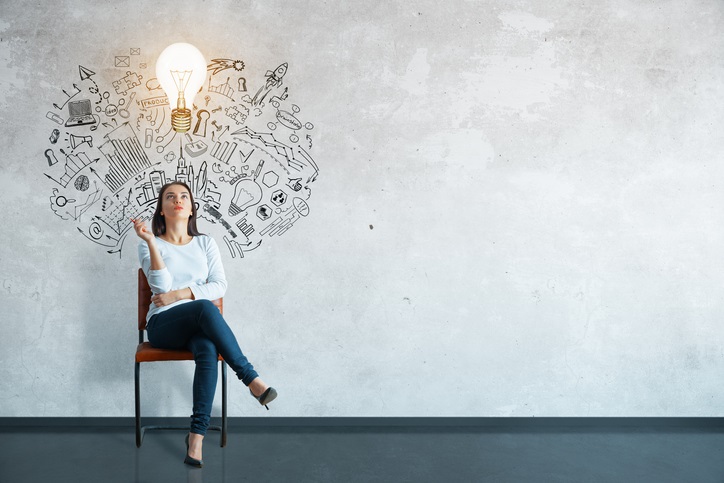
Our moods and emotions are not random. They generally spring not so much from what happens in our life but rather how we interpret them. Our belief systems, our world view, our perspectives powerfully impact how we frame things. Yet most of this deciphering of events, translating of circumstances into the story we tell ourselves, happens almost automatically: subroutines picked up long ago, operating on autopilot beneath the level of our conscious thoughts.
Unless or until we take the time to delve deeper, reflect back, slow things down, and begin noticing, begin paying attention, begin developing profound self-awareness. Then we acquire the skill to trace our moods and emotions back to our thoughts and reactions and realize that a different mindset and other ways of looking at things would have most likely led to different feelings, perhaps more empowering, more useful ones.
Closing Quotes:
“Of all deceivers fear most yourself!” – Søren Kierkegaard, 1813-155, existentialist philosopher
“Without self-awareness we are as babies in the cradles.” – Virginia Woolf, 1842-1941, pioneered stream of consciousness as narrative device
“I think self-awareness is probably the most important thing towards being a champion.” – Billie Jean King, born 1943, 39 Grand Slam titles (12 singles, 27 doubles)
“You are not responsible for the programming you picked up in your childhood. However, as an adult, you are one hundred percent responsible for fixing it.” – Ken Keyes, Jr., 1921-1995, Handbook to Higher Consciousness
As always, I share what I most want and need to learn. – Nathan S. Collier

